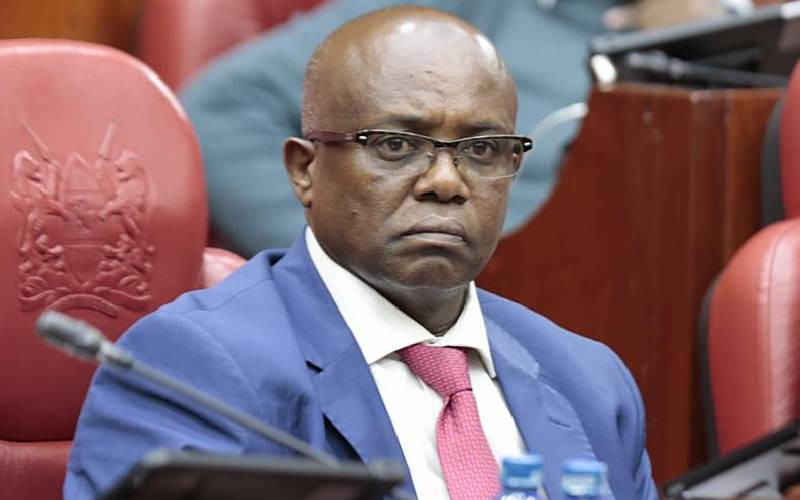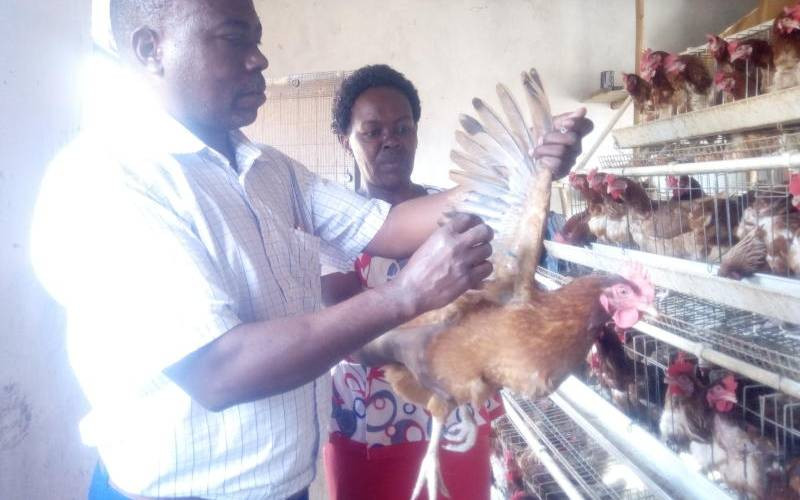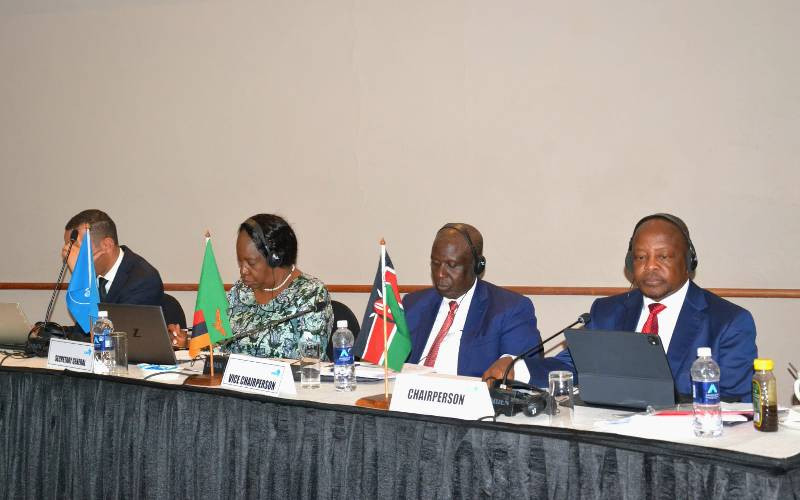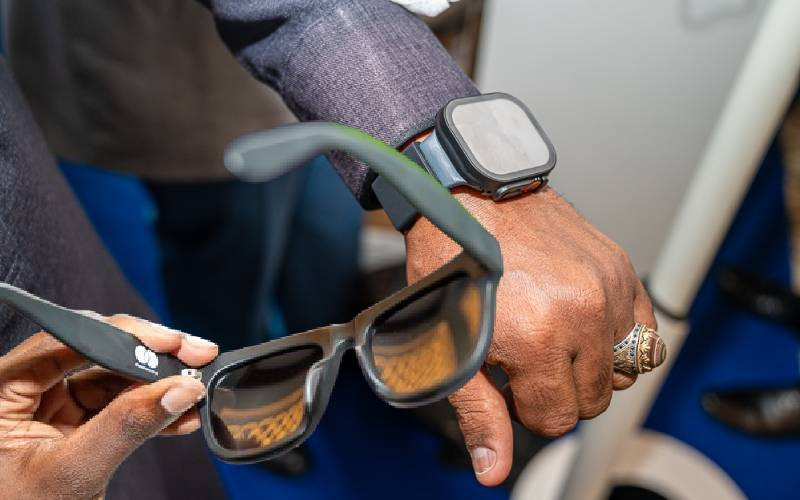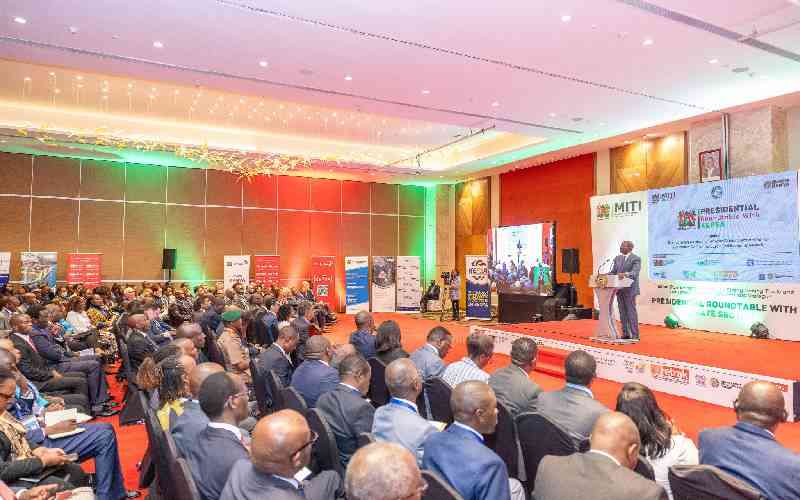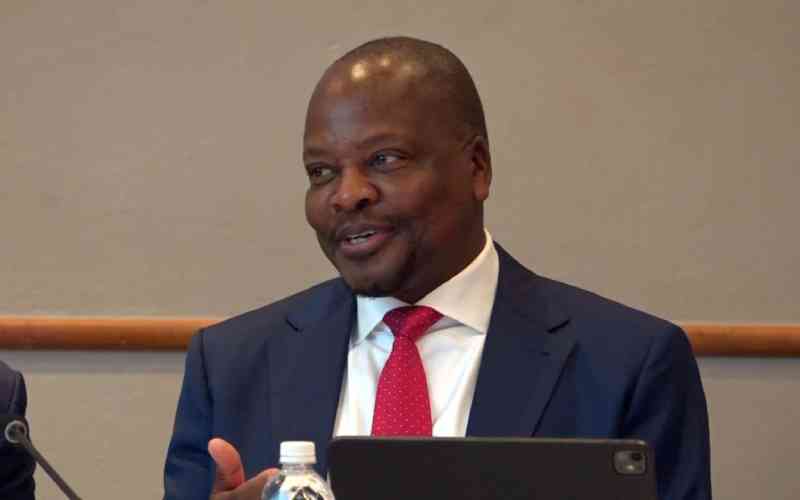
Kenya has called on the Common Market for Eastern and Southern Africa (COMESA) member states to adopt a unified ban on hazardous pesticides and counterfeit farm inputs.
Speaking on Friday, August 8, at the 9th Joint COMESA ministerial meeting in Lusaka, Zambia, the Cabinet Secretary for Agriculture and Livestock Development, Mutahi Kagwe, said products banned in one member state should be restricted across the bloc.
"Kenya banned some 77 products that are banned in Europe and elsewhere. We believe that products banned in one country should be banned in all COMESA countries,” he said.
“The current situation where a pesticide banned in one country continues to be used next door completely undermines our collective Sanitary and Phytosanitary (SPS) efforts. We are exposing our farmers, our consumers, and our markets to unnecessary and unacceptable risk.”
Kenya calls on COMESA member states to adopt a unified ban on hazardous pesticides and counterfeit farm inputs pic.twitter.com/ubwfKKCdc1
— The Standard Digital (@StandardKenya) August 8, 2025
Kagwe also urged coordinated surveillance to curb counterfeit seeds and stronger enforcement of sanitary and phytosanitary measures.
He declared “unwavering commitment to regional cooperation” while urging member states to move from rhetoric to action.
“We did not come together to share poverty. We came together to build prosperity. COMESA is not a talk show, it is a development mechanism,” the CS said.
The call comes amid concerns that intra-COMESA trade remains relatively low despite years of effort, leaving farmers vulnerable to fake seeds, toxic chemicals, and closed markets.
“We must not let fragmented policies stand in the way of our people’s safety. Harmonising chemical standards is not optional; it is urgent,” CS Kagwe stated.
He urged greater sharing of livestock vaccines and regional coordination on animal disease prevention.
Citing the country’s progress with fertiliser subsidies, expanded irrigation, and the Kenya Integrated Agricultural Management Information System (KIAMIS), he called for COMESA-wide adoption of successful innovations, further announcing that Kenya has adapted its system from Zambia’s ZIAMIS, showcasing the benefits of cross-border knowledge transfer.
Additionally, CS Kagwe stated that Kenya is pushing for the next generation to lead agricultural transformation.
“Over 75% of our population is under the age of 35. We are placing our young people at the centre of our food systems through digital innovation, access to finance, and land reforms,” he noted.
Stay informed. Subscribe to our newsletter
Kenya also linked its proposals to the Comprehensive Africa Agriculture Development Programme (CAADP) and the Kampala Declaration, warning that without decisive measures, the bloc’s goals would remain elusive.
“Food security is not a dream; it is a decision and a duty. If we are serious about transforming COMESA into a region of abundance, dignity, and opportunity, then we must act like it.”
